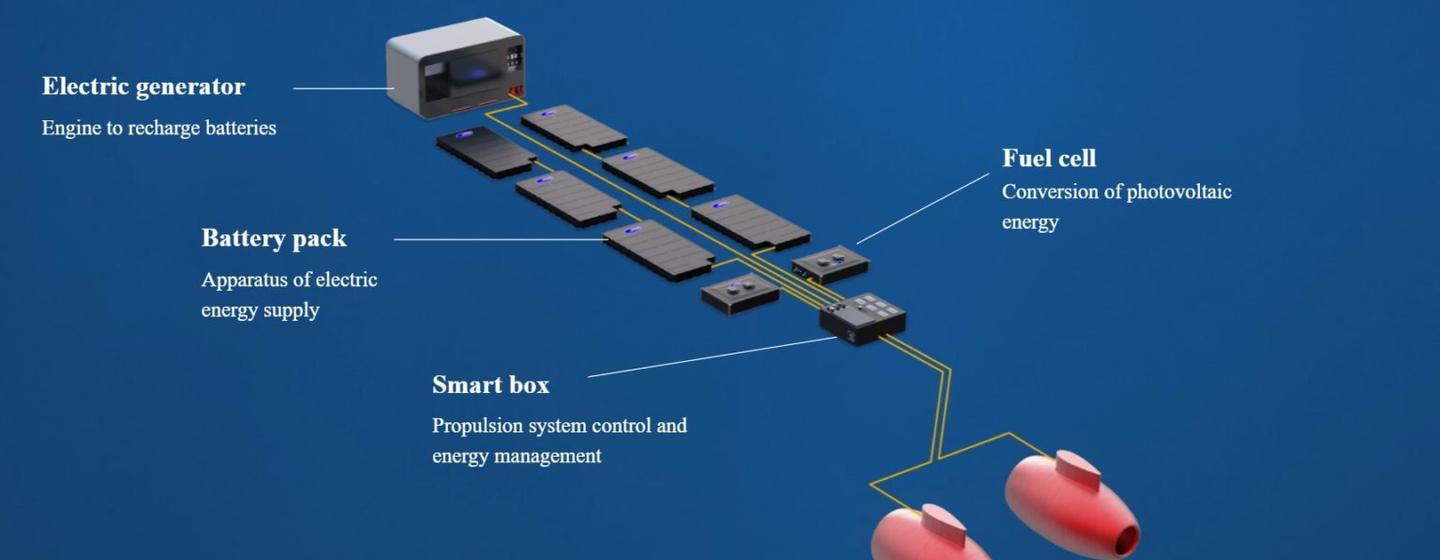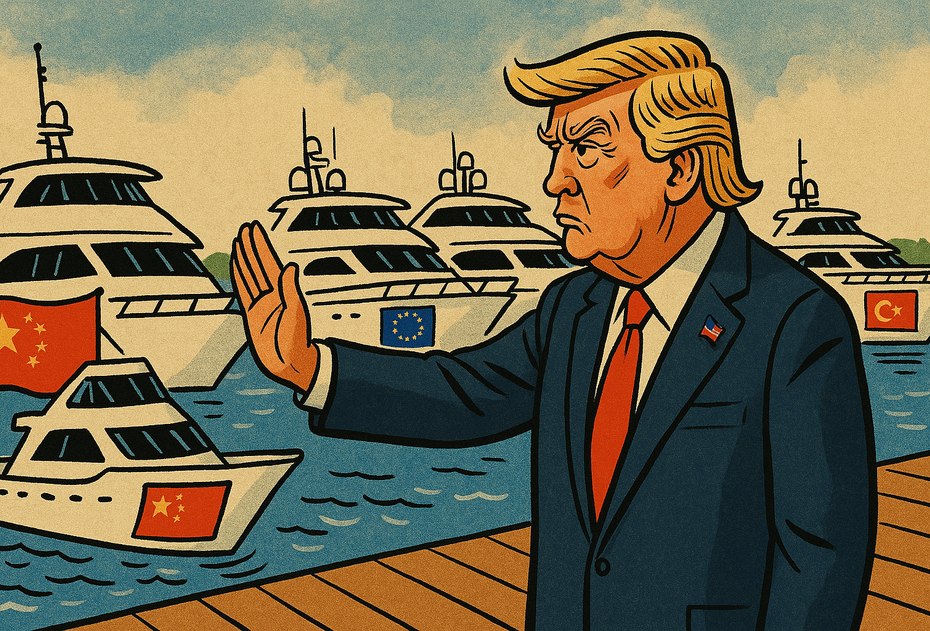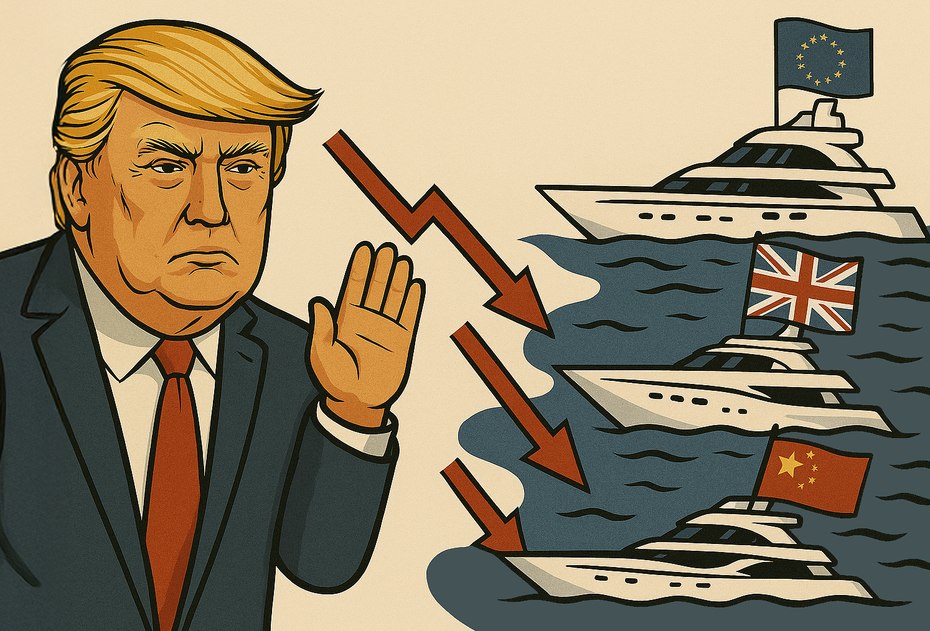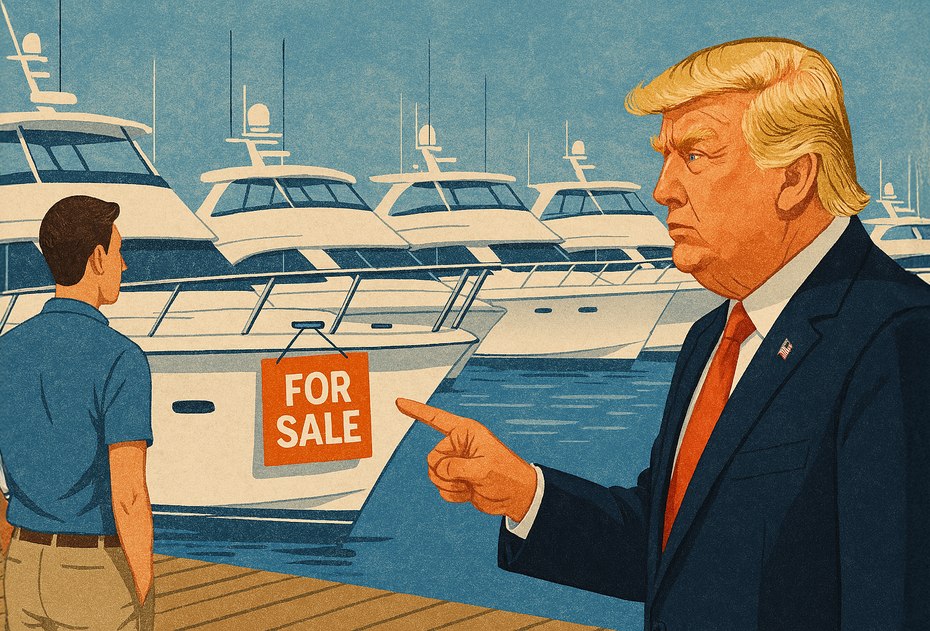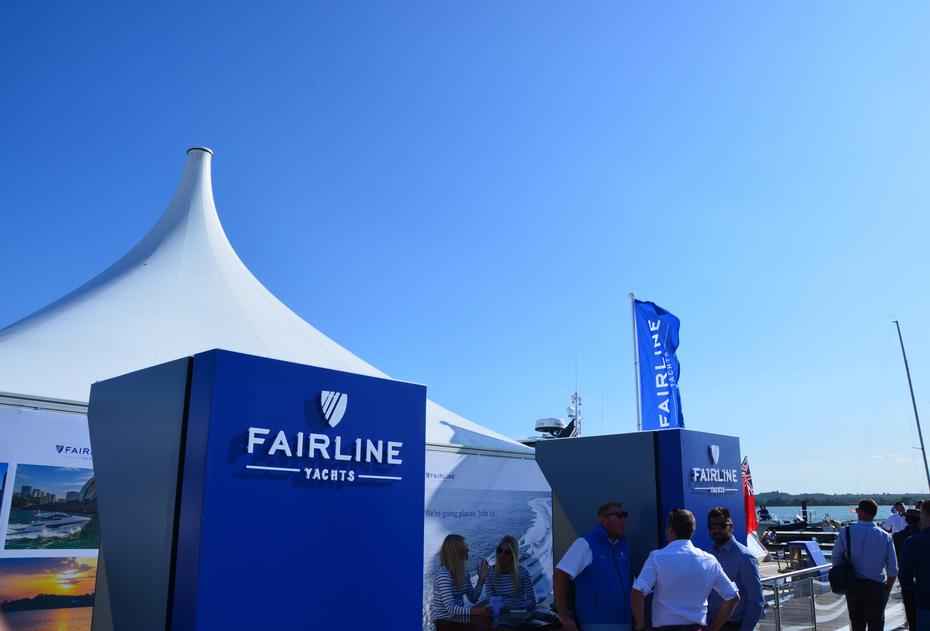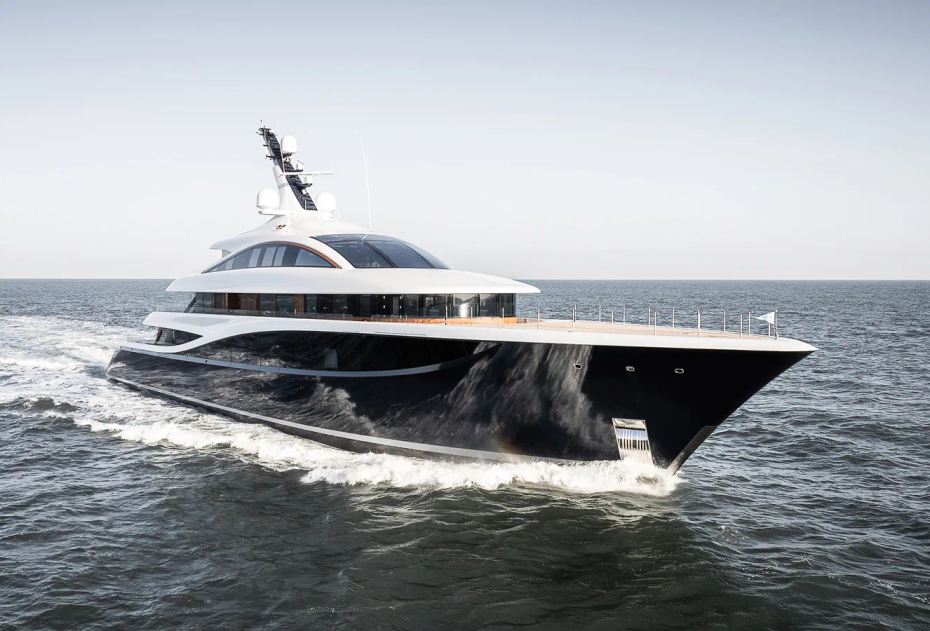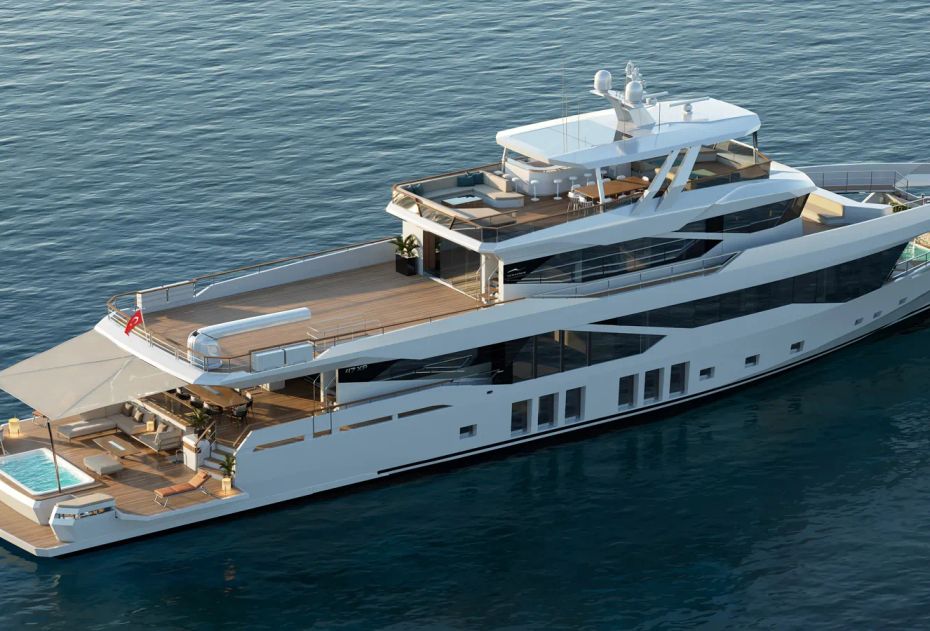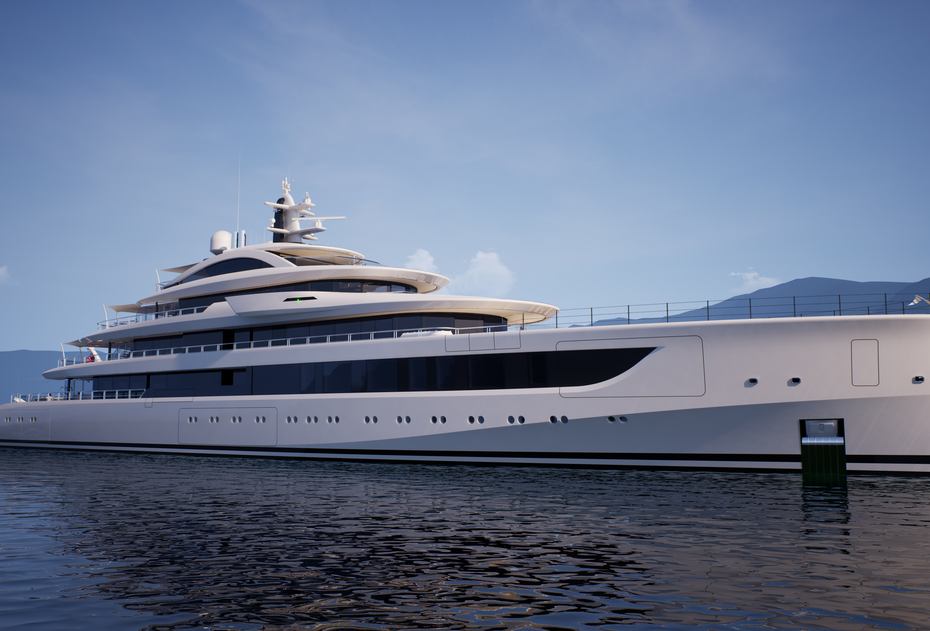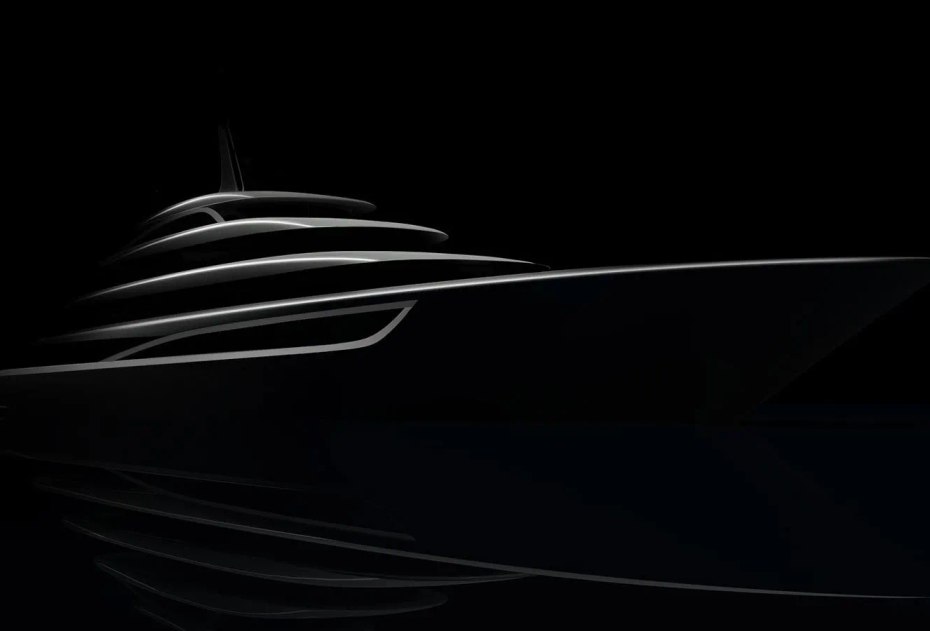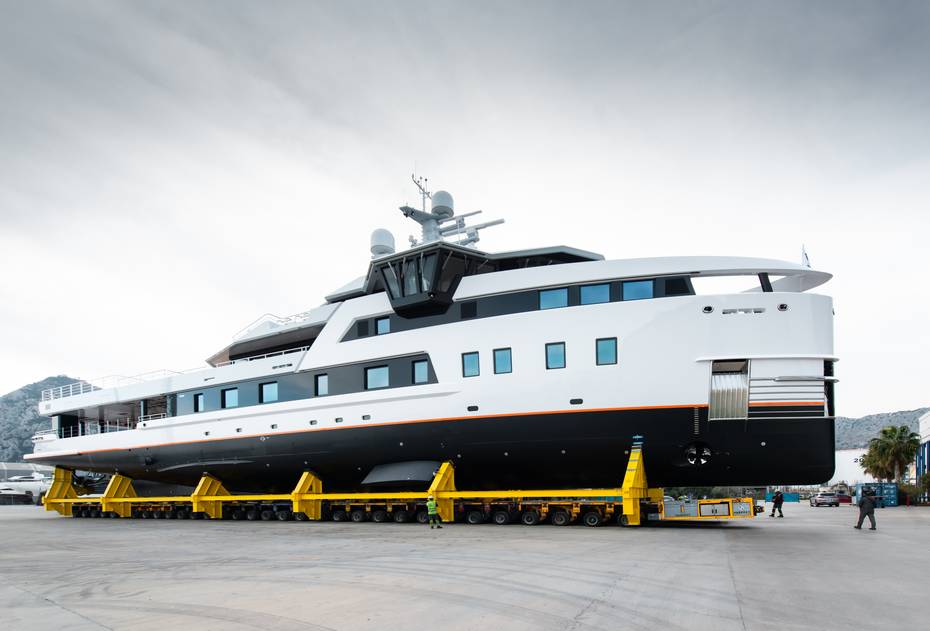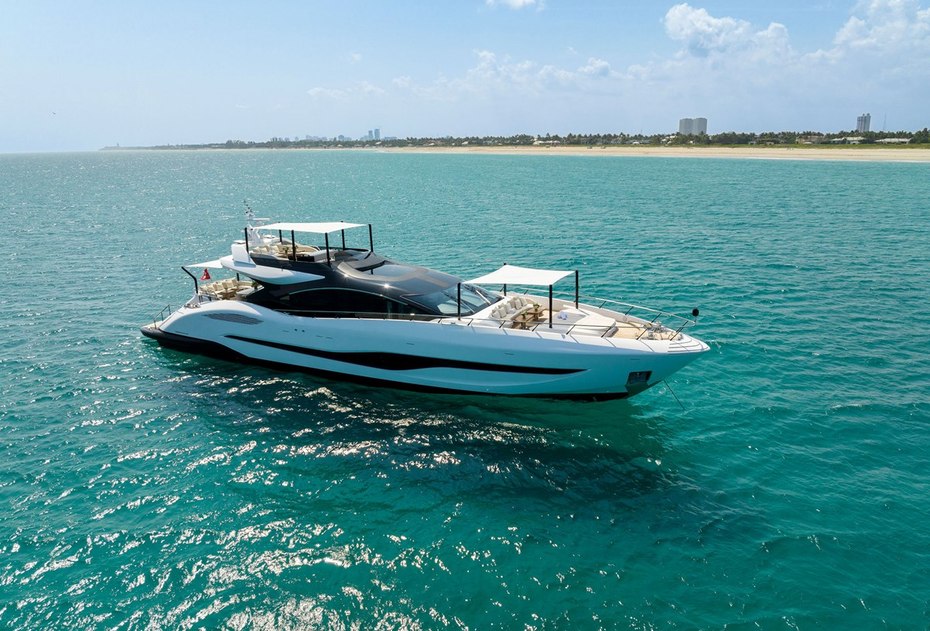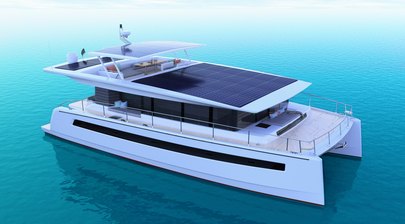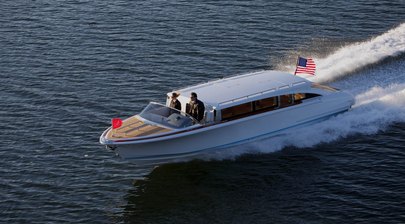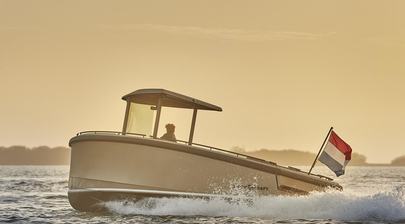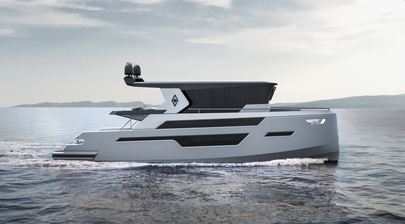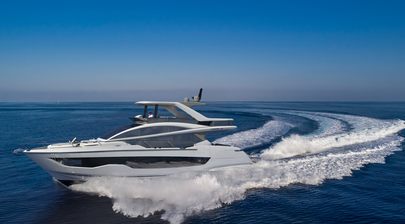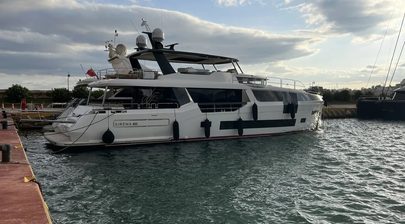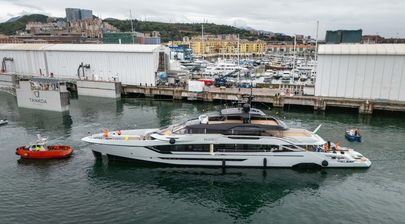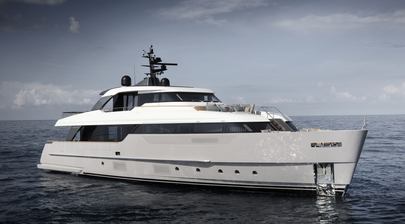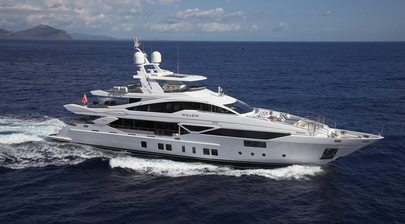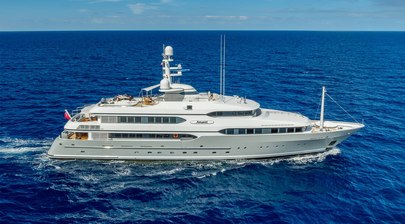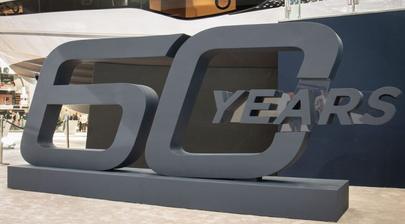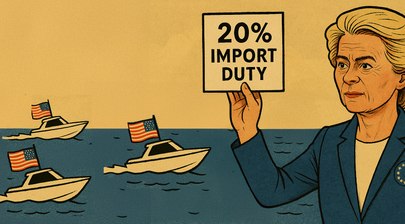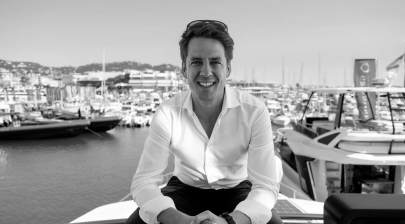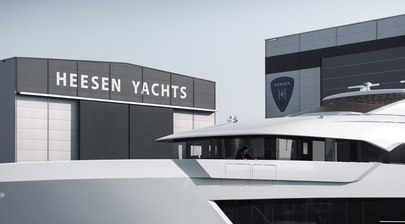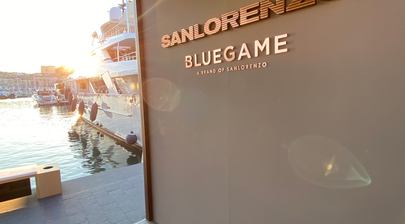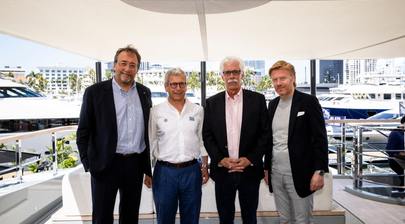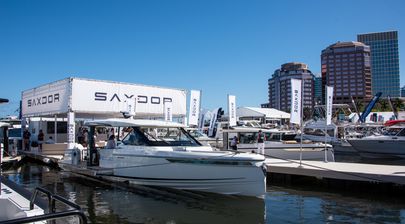The two Italian-based companies are working on the design and manufacture of the power platform which they hope will make long-distance water travel, without the need to refuel, possible.
The solar/hydrogen/electric jet system is called DeepSpeed, and uses multiple sources, drawing its power from batteries, stored hydrogen fuel cells, or a diesel generator.
William Gobbo, CEO of Sealence. was quick to praise Energica’s expertise, saying: “Energica represents excellence in electric mobility. I know how difficult it is to launch similar entrepreneurial initiatives in Italy, but despite these difficulties it is clear that Energica is now emerging in the sector as a key point of reference. We are therefore honored by this collaboration.”
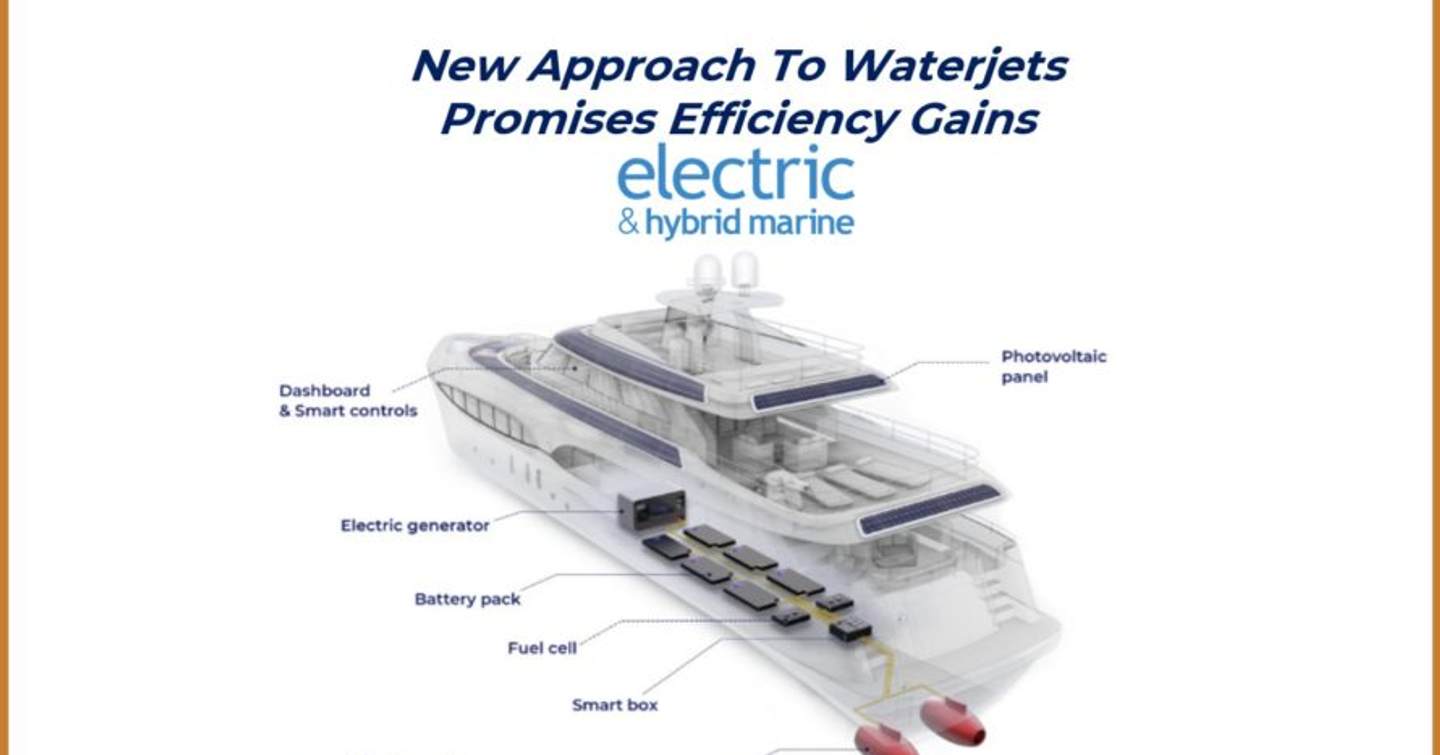
Modena based Energica began developing a fully electric racing motorcycle in 2009, before starting work on a road version 2011. Sealence began life at the end of 2018, and launched a crowdfunding page for the DeepSpeed concept that has already raised $2.8M (€2.3M), exceeding its funding goal by almost 800 per cent and allowing them to hire ten people, include a range of designers and engineers.
2020 has seen a number of shipyards announcing electric additions to their fleets. Last month Hodgdon Tenders revealed they had developed the world’s first fully-electric superyacht tenders, whilst DutchCraft premiered their electric DC25 tender at Boot Dusseldorf in January. At the beginning of the year Austria Shipyard Silent Yachts unveiled their solar electric catamaran, Silent 60, whilst German shipyard Alva announced they had developed a trawler-inspired electric yacht.
More and more yachts are being developed with the environment in mind. To compare the entire market, view all yachts for sale.
